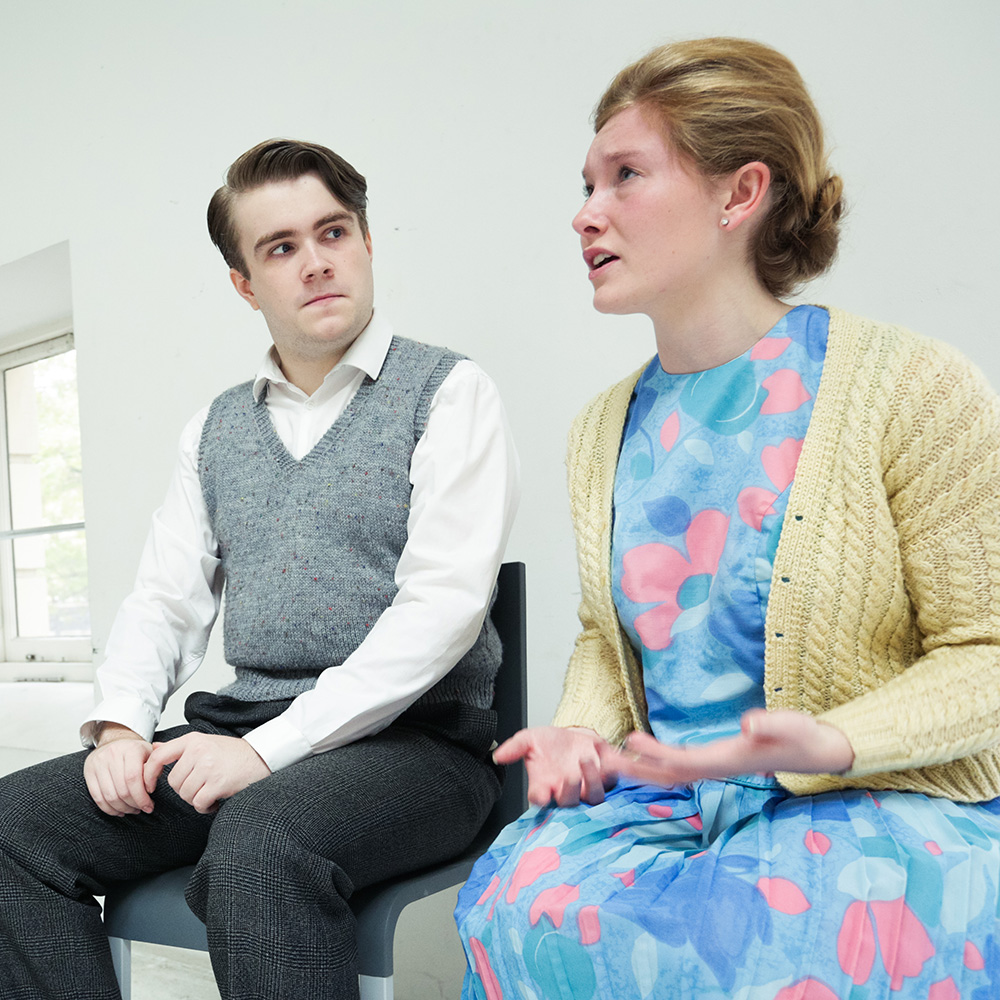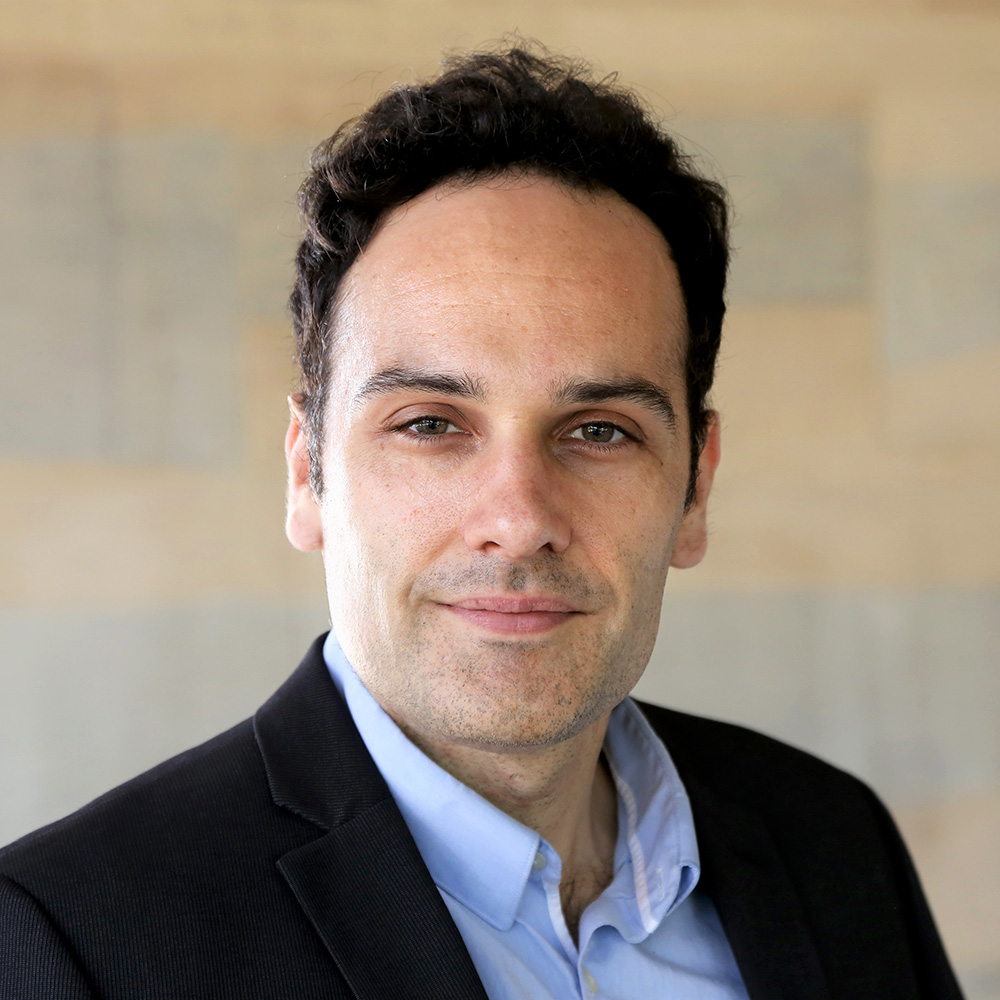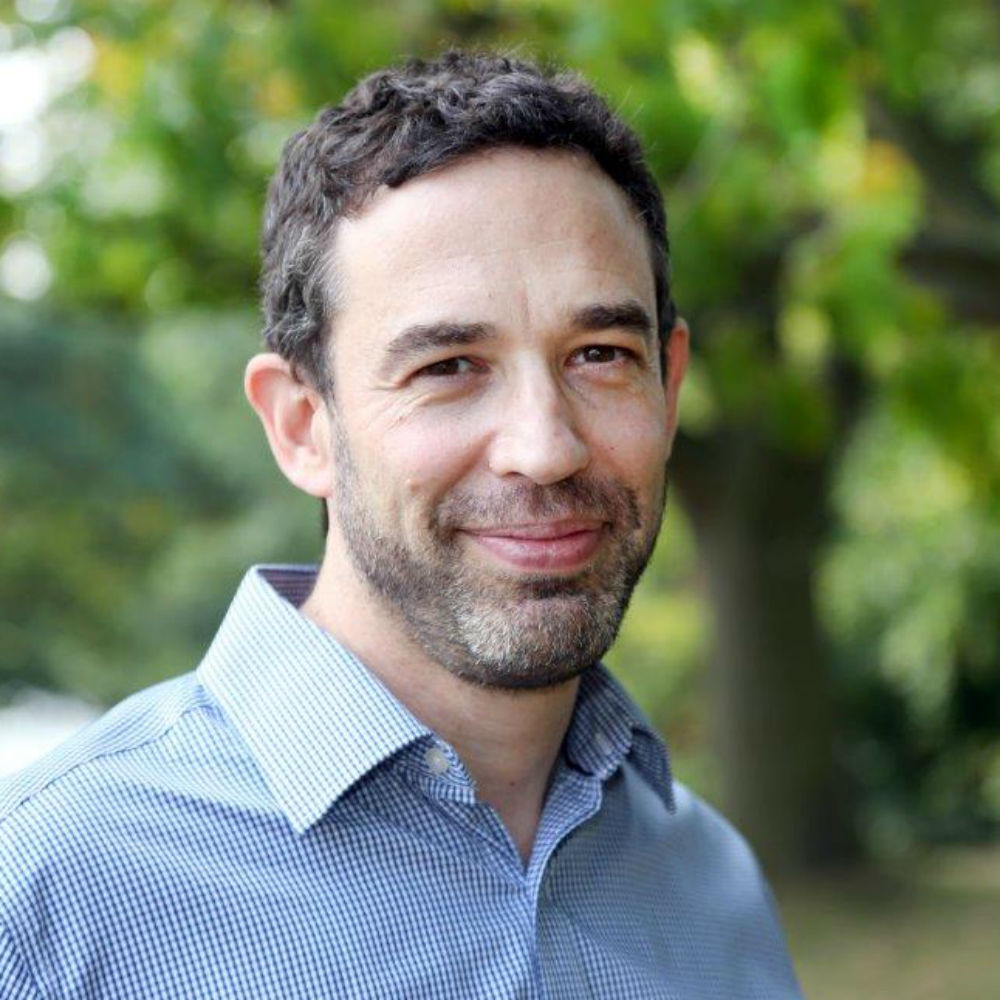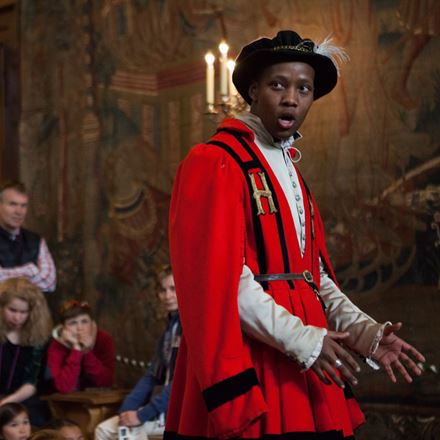Speculative Humanities

Our research analyses how speculative literatures inform decision-making from government policy to corporate futures, and the mutual influence between technology, scientific discovery and cultural forms and representations. How science fiction appeals to rational sources for its imaginative productions, and how this has made it culturally persuasive in science and technology.
Our aim is to foster greater collaboration between the arts and humanities, the social sciences, STEM and beyond. In summer 2020, members of the group created speculative narratives for a sandbox event that brought together multiple academics and community stakeholders to consider the social and future impact of the COVID-19 crisis.
Research strands
This cluster focuses on 6 strands of research:
- extinction studies
- speculative drama and climate change
- artificial intelligence and World War I
- military technology and science fiction
- law and post-humanism
- disaster responsiveness and social class
- dystopian writing for the future
Our members are actively carrying out research that explores these themes.
Postgraduate Research and Doctoral Study
We welcome enquiries about postgraduate research. If you are interested in an MA by Research or in studying for a PhD, please browse our members staff profiles to find someone whose research interests fit your proposal, and get in touch via email. You may also be interested in learning more about postgraduate study at Essex and how to apply.
Informing education
As part of the University’s commitment to a transformational, research-led education the cluster develops teaching that engages students with cutting-edge thinking in the speculative humanities. In addition to providing supervision opportunities for postgraduate students, our research directly informs existing undergraduate modules and we intend to develop new modules that correspond to the interdisciplinary nature of the cluster. These modules include:
- Extinction: Looking back at the end of the world (LT397)
- Dystopias (LT250)
- Possible Worlds (LT321)
- Understanding and Writing Science Fiction (LT367)
- Cyborgs, Clones and the Rise of the Robots (LT364)
Highlights of our research
Current research
Below are highlights of current research activity from our members. To explore more of our members research, please visit their staff profiles.
Professor Karin Littau in interested in media history and technology studies (Kittler, McLuhan, De Landa); dead and future media; interspecies communication; eco-materialism and extinction studies. She has published articles on media and materialism; the robot historian and machine translation; animal/plant/mineral languages and eco-translation; and on science fiction, including the Alien film quadrilogy, and Cronenberg’s cybernetic update of The Fly.
Professor Katharine Cockin is interested in reviving the study and performance of Karel Capek’s RUR. Rossum’s Artificial Robots. The play is a landmark in representations of artificial life, influenced by the technological shock of the First World War. Her research also focuses on Ellen Terry, the nineteenth-century actor and her daughter Edith Craig who was an influential theatre director and activist in the women’s suffrage movement.
Reading Robots project (2022-)
With Dr Dan O’Brien and Dr Sean Seeger, Professor Katharine Cockin launched the Reading Robots project. Third-year undergraduate student, Anuthi Kodithuwakku Arachchige was the Frontrunner assistant on the project. The reading group was organised using a Moodle and a film screening with audience discussion was led by Dr Dan O’Brien and Dr Sean Seeger.
Matthew De Abaitua has collaborated with the UK government's Defence Science and Technology Laboratory (DSTL) on the application of speculative literatures to future threat planning.
Professor John Preston researches the racial and classed contexts of preparedness campaigns for disasters and emergencies. His latest book 'Grenfell Tower: Preparedness, Race and Disaster Capitalism' (2019) uses Marxist value critique and Critical Race Theory to argue that disaster preparedness increasingly works against working-class and racialised populations.
Dr Sean Seeger is engaged in interdisciplinary collaboration with a sociologist in a paper for SAGE journal Thesis Eleven, concerning the benefit of reading dystopian literature to sociology research.
- Read Sean's article on 'Dystopian Literature and the Sociological Imagination.'
Andrew Burton is a PhD student reconciling agency and dramatic structure in climate narratives.
Publications
Below are various publications from our members. To explore our members other publications, please visit their staff profiles.
- Karin Littau is the author of “‘Just Ask the Stones’: Eco-Translation, Natural History, and Geomedia” (2023). Other publications include “Translation's Histories and Digital Futures”, which explores the creative possibilities of technology at the intersection of computational media, translation and literature; and a series of essays on media history, among them, “The Dog and the Phonograph: Possible Futures in the Self-Development of Media”; an article on transmedia for Convergence: The International Journal of Research into New Media Technologies entitled “Media, mythology and morphogenesis: Aliens™”, and a book chapter on “The ghost is the machine: Media-philosophy and materialism”.
- Matthew De Abaitua is the author of science fiction novels The Red Men (2007, 2017), IF THEN (Angry Robot, 2015) and The Destructives (Angry Robot, 2016).
- Professor Noam Lubell is the author of the book ‘Extraterritorial Force Against Non-state Actors’ (Oxford University Press).
- Professor John Preston is the author of 'Grenfell Tower: Preparedness, Race and Disaster Capitalism' (2019) where he uses Marxist value critique and Critical Race Theory to argue that disaster preparedness increasingly works against working-class and racialised populations.
- Dr Sean Seeger and Daniel Veccione, ‘Daniel Bell, Social Forecasting and Science Fiction, Extrapolation, 64.2, 2023, pp. 167-87
- Fumanal-Idocin, J., Andreu-Perez, J., Cordón, O., Hagras, H. and Bustince, H., (2023). ARTxAI: Explainable Artificial Intelligence Curates Deep Representation Learning for Artistic Images using Fuzzy Techniques
Cluster members





Dr Elizabeth Kuti, professor, and playwright, for theatre and radio, created a sequence of playlets for Encounters with the Past as writer-in-residence at Hampton Court Palace. Dr Kuti worked with an outstanding creative team including directors and actors drawn from the UK’s leading theatre companies.



